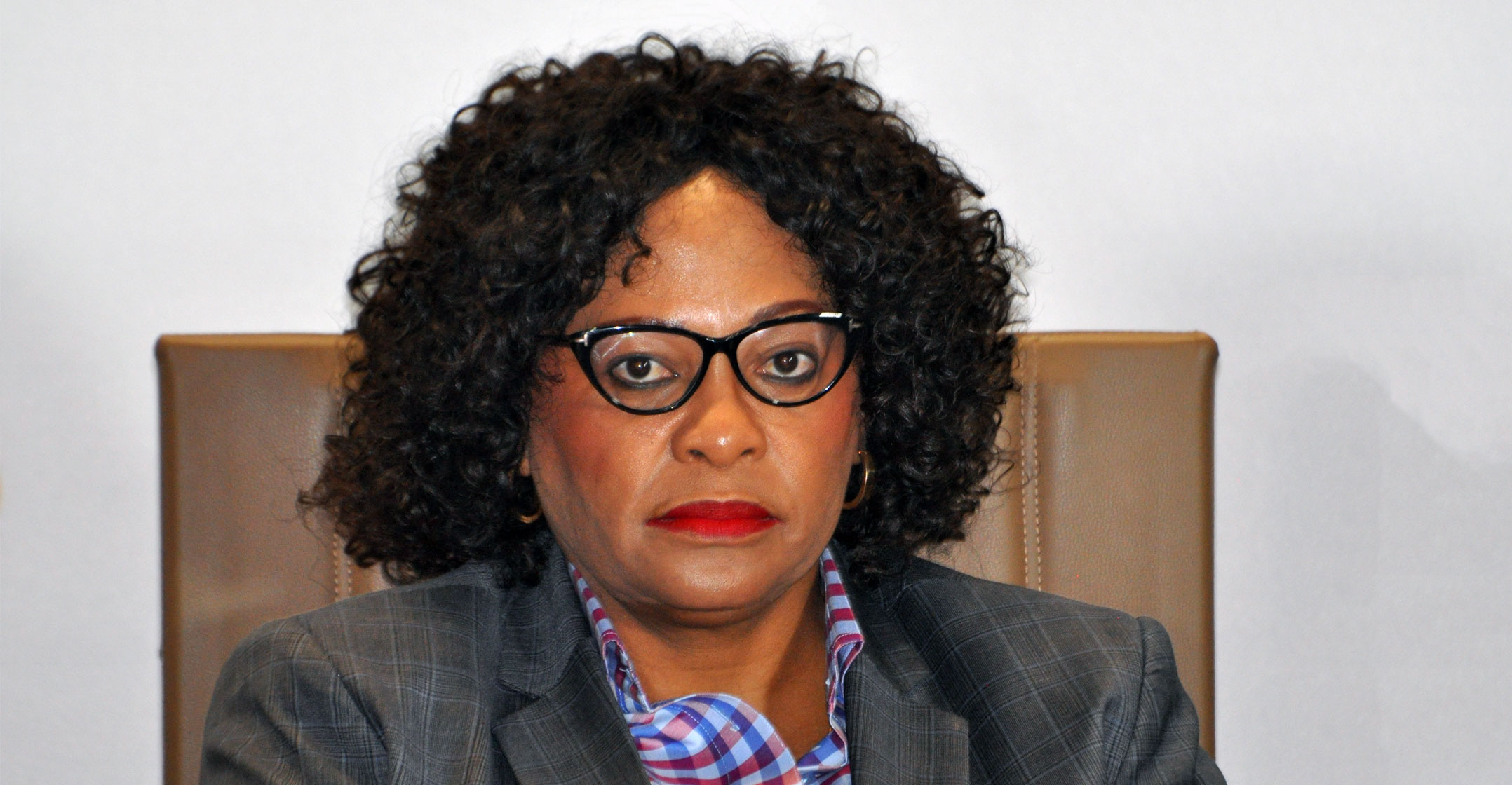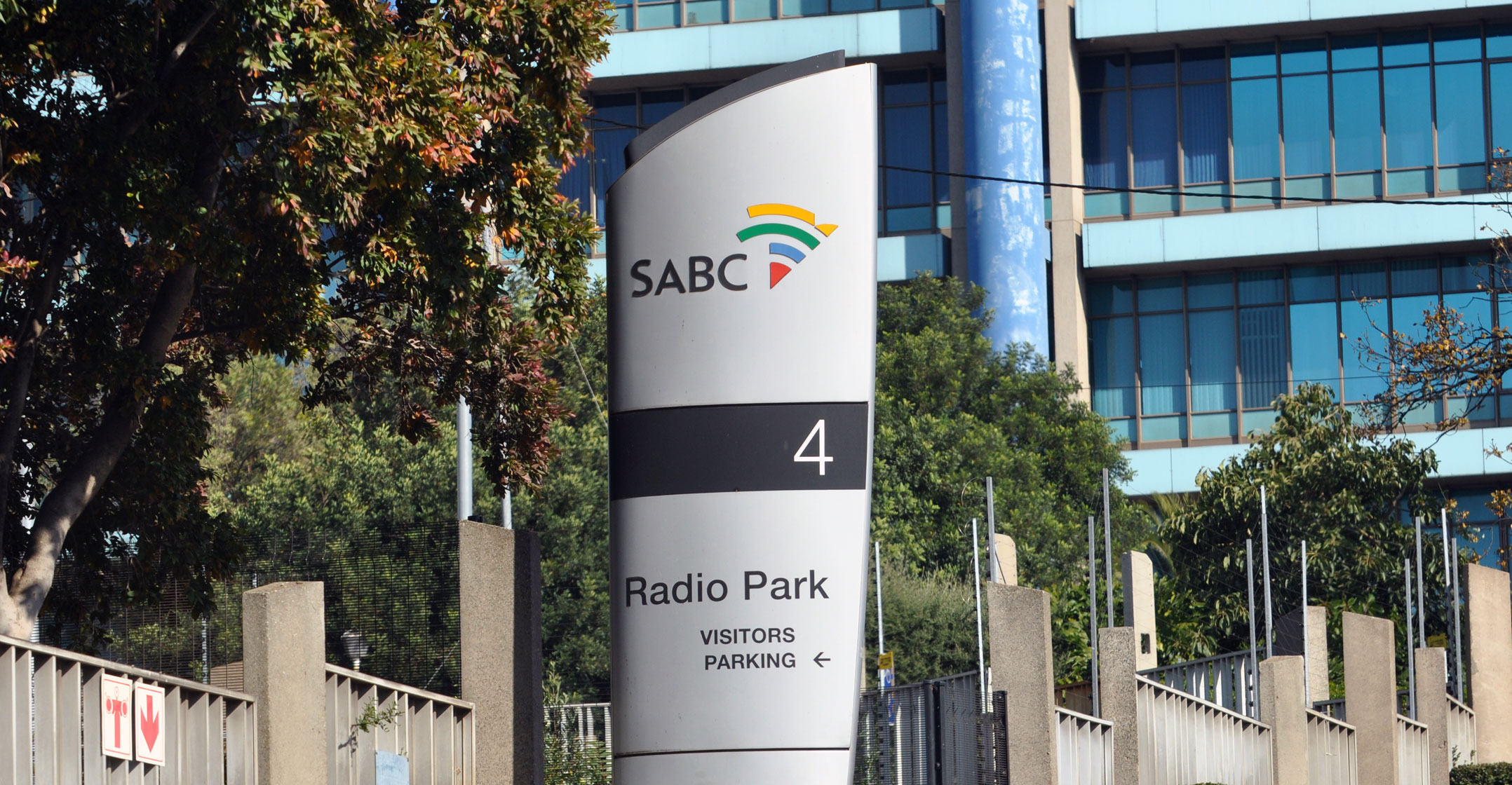
Communications minister Nomvula Mokonyane said national treasury has approved an increased borrowing limit for the public broadcaster.
Mokonyane told journalists on Tuesday, after she tabled the annual report before the parliamentary committee tasked with providing oversight over the department of communications, that the auditor-general has highlighted the viability of the SABC as a going concern.
“To this end, as the shareholder, working together with the board, our engagements with national treasury have been concluded and, as of a day ago, national treasury has granted consent for the SABC to increase its borrowing limits from the capital markets in line with the Public Finance Management Act and the Broadcasting Act,” she said.
“We do believe that we have the right skills on the board and management to drive the robust turnaround strategy that will lead the broadcaster on a new path towards a public broadcaster that embodies sound, corporate and financial management,” she said.
Mokonyane said the annual report was presented to parliament after it was released at the SABC’s annual general meeting last week.
According to the report, which covers the 2017/2018, the SABC had a net loss of R622-million compared to a net loss of R977-million the year before.
Mokonyane said there are concerns raised about the financial viability of the broadcaster in the current regulatory and legal framework, which poses a challenge for it to pursue and deliver on its public mandate, which is largely unfunded and further compromised by the low levels of income generated from TV licence fees.
“Equally, there are also historical governance and financial management issues that have previously been identified at the SABC. These were vented in a parliamentary inquiry into the SABC, the public protector’s report and other ongoing investigations by the Special Investigating Unit.
‘Significant progress’
“As presented in the annual report, there has been significant progress made in clearing all internal and external audit findings to improve internal controls,” she said.
Mokonyane said the SABC is one of the key institutional pillars of democracy, delivering essential content to millions of South Africans on multiple platforms.
“In delivering its mandate, the SABC’s 18 radio stations and three television channels exceeded their local and general quotas, as set by the Independent Communications Authority of South Africa.
“The SABC’s mandate to broadcast sport of national interest was also realised, despite the rising costs of sports rights and the absence of a dedicated sports channel,” she said.

Mokonyane said the current SABC board has begun a process of setting the SABC on a path to stability and recovery. This could be seen with the appointments of competent people in key positions, including the appointment of its group CEO, chief operating officer and chief financial officer, the head of news, and group executive for corporate affairs and marketing.
The appointments, Mokonyane said, are a reflection of a commitment by the board and the shareholder to ensure that they stabilise governance at the broadcaster.
She said the parties will soon finalise a memorandum of incorporation between the minister and the board and thereafter a turnaround strategy for the SABC will be unveiled.
“We have, following our interaction between the SABC and government, put together a turnaround task team comprising the department of communications, national treasury and the SABC.
“National treasury has assigned a turnaround specialist to look into the strategy that originates from the work done by the collective of the management at the SABC.
“This strategy seeks to provide a holistic assessment on the broadcaster and identify ways and means to guarantee the future sustainability of the SABC,” she said.
The SABC was working on settling outstanding payments to independent producers and other creditors.
“At this stage, the board and management have presented to myself on the current financial challenges and have assured us that employees of the broadcaster will continue to receive their salaries as per the norm and without prejudice.
“Equally, suppliers owed by the broadcaster have been in engagements with the SABC and there has been progress in effecting payments to creditors. Monies raised through the processes consented to by national treasury will also be used to pay creditors, including independent producers, Sentech and the South African Football Association.” — SANews




